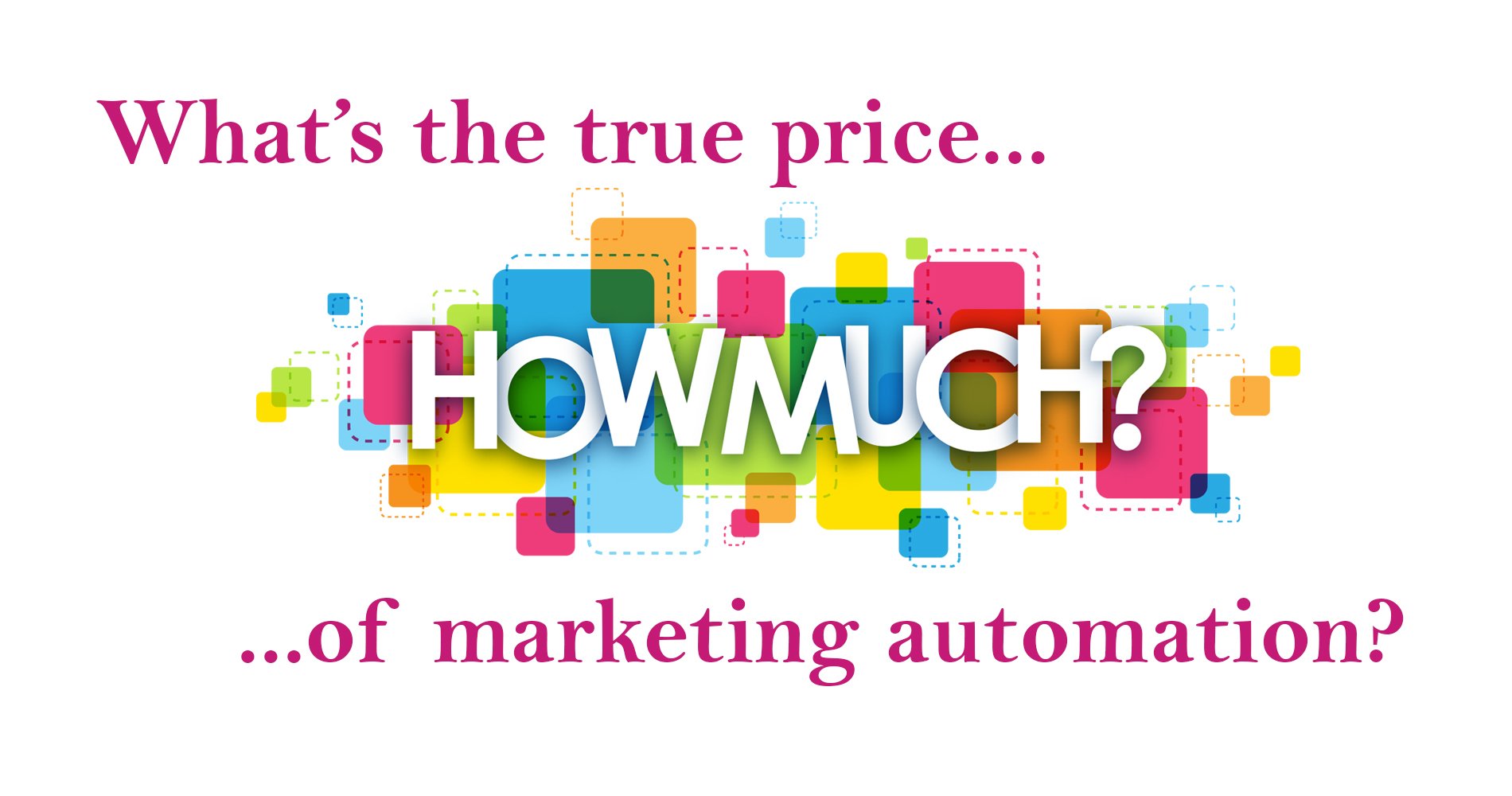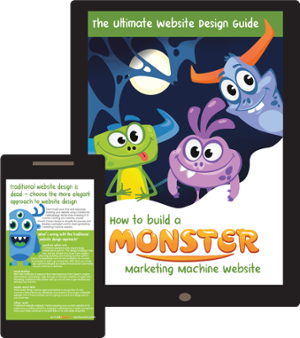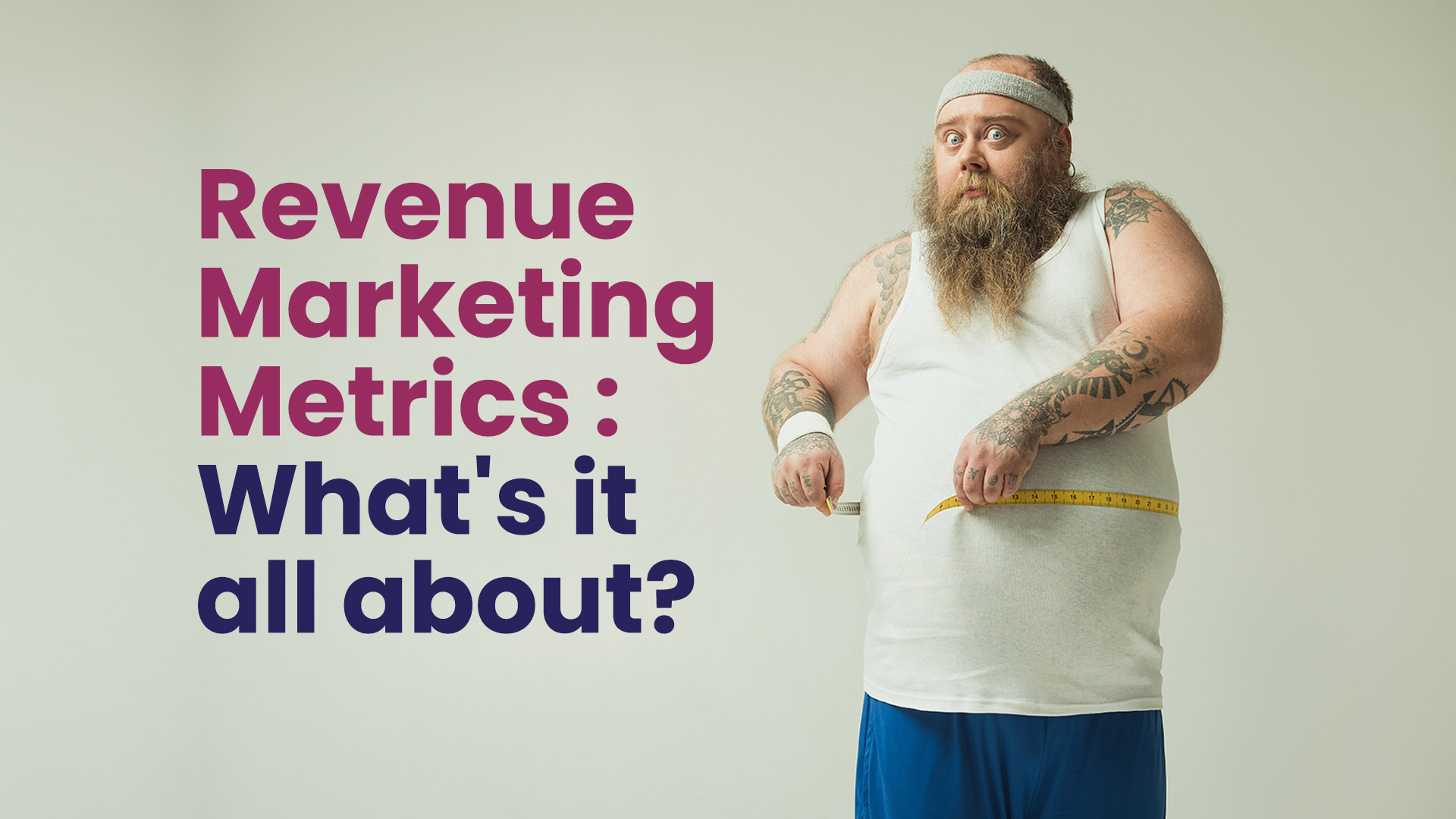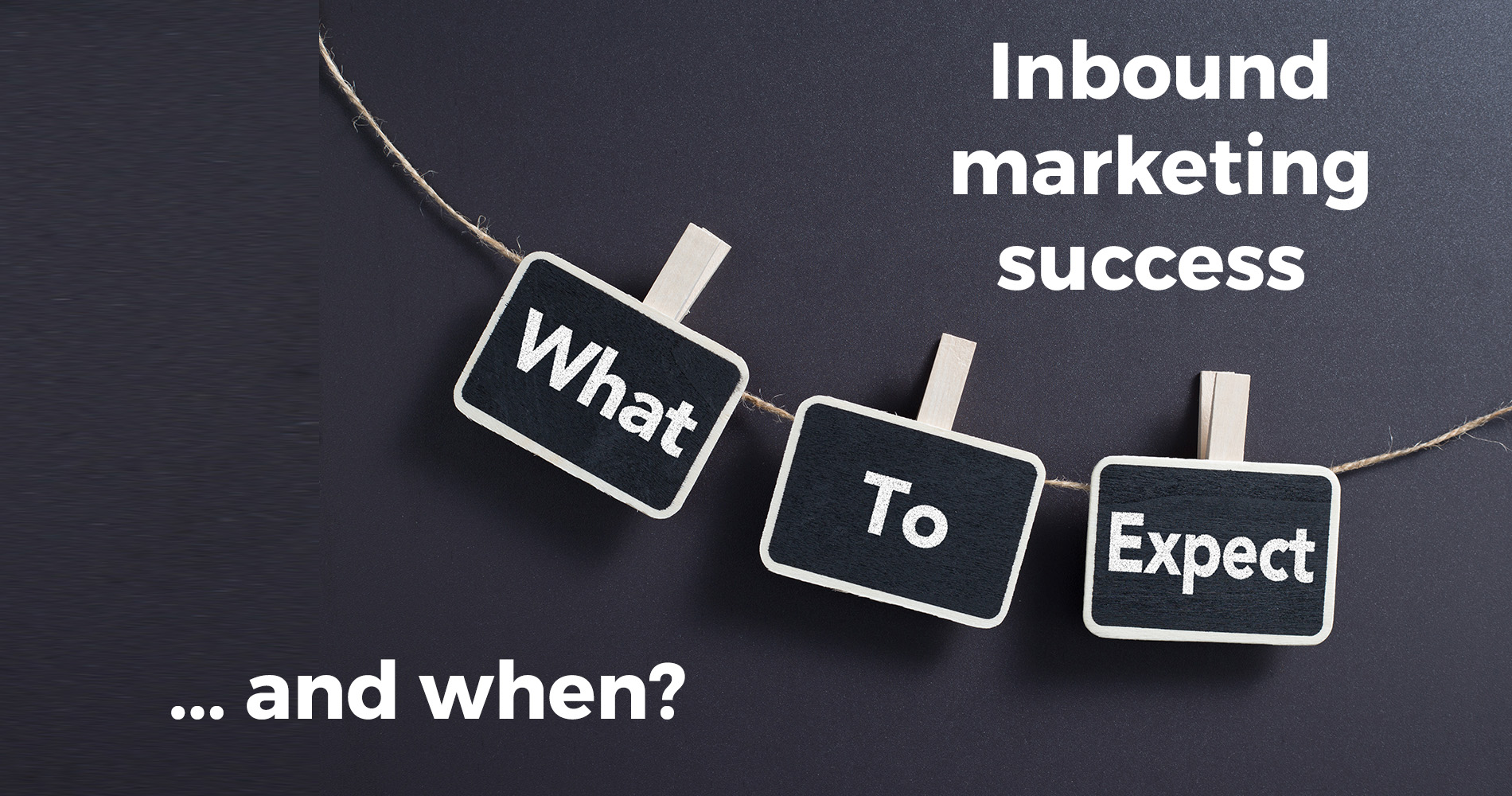The concept of marketing automation is very interesting to us. The concept refers to the fact that we take a portion of our workload and delegate it to market automation software which helps us improve our results by working in an automatic or pre-programmed way which frees up time on our part while still getting us similar if not improved potential outcomes as someone manually doing these processes. In theory, through engaging in this automatic process we can also free up some time for other important things, like recuperative leisure or work on tasks that are more difficult though potentially more rewarding.
Automation is a big hit in marketing nowadays, but do we have to outsource our marketing tasks to an unattended piece of software? Many marketers are curious and want to know more about automation, especially when it comes to their next campaign. However, they are also fearful of just how much automation might cost in the long run, especially when outsourcing it to some software. Should we? Well, we're here to break down everything you need to know about marketing automation before making a decision:
How does Marketing Automation work?
Marketing automation is a way for business owners and entrepreneurs who normally have their hands full trying to juggle all of the responsibilities that come along with running a small business, yet they still want to spread the word about what they do. With marketing automation software, you can automate your marketing processes which include repetitive tasks like sending out email campaigns so you don't end up spending as much time on tedious administrative stuff that requires zero creativity, which leaves more time for you to focus on projects and activities in line with your entrepreneurial goals.
A fully automated marketing operation consists of integrating multiple pieces of purpose-built software that work together seamlessly, producing accurate and measurable results that can easily be shared with target audiences. With automation technology, both marketing and non-marketing teams are able to get more done by doing less, increasing productivity, and decreasing the workload on marketers who also need time to manage their other responsibilities which in turn, results in a netter marketing ROI.
When it comes to the marketing process, automation can encompass a wide array of activities. For example, if an individual visits your website and fills out a contact form, you could automatically send them a discount code via email. There are many other ways to leverage marketing automation for efficiency's sake as well – such as strategies related to social media.
For instance, marketing automation can be used to foster and aid with the website navigation process. Using marketing automation software, marketers and project teams can develop triggers that decide which actions should be taken for certain behaviors. For example, when a certain number of visits has been reached or if a lead searches for a particular product or service (thanks to Google Analytics), an automated email with a code (discounted price) can be sent directly to potential customers inviting them back to your site. Another popular action could be placing a pop-up window in front of their computer screen that prompts the user to return back to your site! When done correctly this is referred to as “conversion rate” – meaning more people are converting into clients seeking more information about whatever it is you have promoted on your website. However, you decide to set up your own marketing automation features, know
Marketing Automation is a powerful tool for any type of business. In fact, marketing automation has been reported to double leads or conversions for companies who use it - and this is true regardless of industry or product type.
It’s important to know that all digital marketers, from organisations and SMEs to agencies and freelancers can benefit from marketing automation. It helps builds trusted relationships with leads, optimises conversion rates, and provides a multichannel view of customer behavior in one place so why wouldn’t every marketer want to try it out?
What is the price range of marketing automation software?
There are a lot of types of marketing software on the market today, and they each work differently. Some tools may be better to help you automate one area such as email whereas other software enables automation that covers more than just email marketing. The biggest thing to remember when it comes down to deciding on what will most effectively serve your business is which software gives you the most bang for your buck and ultimately helps you save money (both time and money).
Marketing automation software is measured in pricing models. You can purchase standalone marketing automation products or choose to use a full-service system including other marketing services. Annual investment for marketing automation costs are usually substantial, but you can also pay as you go by taking advantage of marketing automation subscription payments and other costs such as that of outsourcing these services to a specialised firm.

When it comes to choosing the right marketing automation and sales tool for your business, there are of course many factors to consider. One of the best ways to find out about new and innovative solutions is by getting regular information directly from experts in the field like HubSpot who supply their audience with a wealth of up-to-date content that's always chock full of practical advice and industry insights.
Using a single, tailored solution like HubSpot to automate your digital marketing allows you to focus more on long-term growth by creating personalised experiences for each prospect. With one platform, you can get an accurate picture of the types of consumers who are interacting with all or none of your digital touchpoints and seamlessly bring them into the cycle from their preferred device, no matter when they choose to engage.
One stop solutions provide automation through every digital touchpoint. An all in one solution may seem to do a lot for you and your marketing strategy, but realistically, not everyone can afford it. You have the choice to invest in an all-in-one solution by purchasing standalone services from providers or utilise one large service that provides most of what you’ll need under one roof. Either way, ensure you’re getting a return on investment so that your marketing future runs smoothly!
How should marketing automation software meet your needs?
Depending on how well you know your audience, different marketing automation features may be justified. There are three main elements that marketers should consider when deciding on whether or not to invest in a marketing automation system - their budget, their audience and their goals. Depending on which of these three factors is most important, marketers will find themselves prioritising certain features above others. Even though there are plenty of essential features in the industry-standard marketing automation software, there could always be more! However here are some general "must haves" for any software claiming itself to be an effective marketing automation application for businesses.
Segmentation
A marketing automation software must enable marketers to segment their contact databases and website visitors depending on how they behave, what data they have collected, their demographic and their history in turn personalising the journey each prospect takes. This is all part of automation enabling marketers to abandon spreadsheets and the manual undertaking of shifting visitors into different steps of the buyer’s journey. Instead, they can focus on the conversations that matter most and the conversations that will move the needle the most, regardless of which stage a visitor is in.
Lead nurturing
Lead nurturing is a great way to help your leads get acquainted with your brand. There are different ways to do this, of course, but the main idea behind it is to offer them opportunities to take advantage of what you are offering throughout the entire sales funnel. Your marketing automation software should provide you with an opportunity to engage potential customers at one of two phases in their buying journey. They could be either in the consideration stage, ready to pivot towards a decision after weighing up all the options before them or they could already be fairly done with their research and know what they want (or think they do).
Lead scoring
The ideal marketing automation software is one that has functionality for tracking and evaluating the activities of your SQLs and MQLs. It should be capable of differentiating between your SQL and MQL contacts in order to provide an accurate picture of your sales pipeline so you can make well-timed adjustments as needed. Finally, it should allow you to segment contacts based on their status (SQL or MQL) in order to conduct effective lead nurturing campaigns.
Marketing ROI measurement
Ensure your automation system tracks how much you are spending and the return on investment in real-time. This way, marketers will be able to see dollar amounts flowing through the program in real-time without having to go deep into a clunky reporting dashboard.
Application integration
If software is to be truly useful for your marketing team, then it needs to integrate with the existing applications for marketeers. When working smarter with marketing automation, you can ensure that your investment in software results in the highest return by facilitating the integration of multiple technologies and services. The best-designed automation solutions capture customer data automatically and synchronise these interactions with other tools in your marketing stack so that you can use actionable insights to inform your workflows. A good solution will produce an exceptional return on investment (ROI) as well as systematise repetitive processes allowing you to stretch resources even further by reducing time spent on menial tasks.
Reporting and analytics
Automated marketing must show returns, otherwise, it’s just an idea with no substance. Marketers need to know for a fact that their automated approaches are producing results, making instant emails worth opening, and strategically timed pop-ups effective in capturing the interest of users without immersing them too much into the experience.
Take Away
Marketing automation can be a powerful tool if put to proper use. Marketing automation plays a big role in online marketing strategies. For marketers and project managers, automating every aspect of internet marketing has become very easy to do through the utilisation of email autoresponders which is by far the most popular service that companies make use of.
No matter how extensive or individual your marketing automation software is, there are steps you need to take first in order to familiarise yourself with the ins and outs of an automated software solution. First and foremost, plan out one complete campaign: mock it up in paper form, figure out what you want it to map out then choose a target audience before planning how you will execute it. Once the big planning aspects are taken care of, it's good to then put all your individual marketing tasks into one master spreadsheet - that way you'll have a clear visual representation of every task involved in your campaign so when you come across a problem later on, for example, if something isn't working as planned all you need to do is cross-reference back to your original instructions and work from there.




